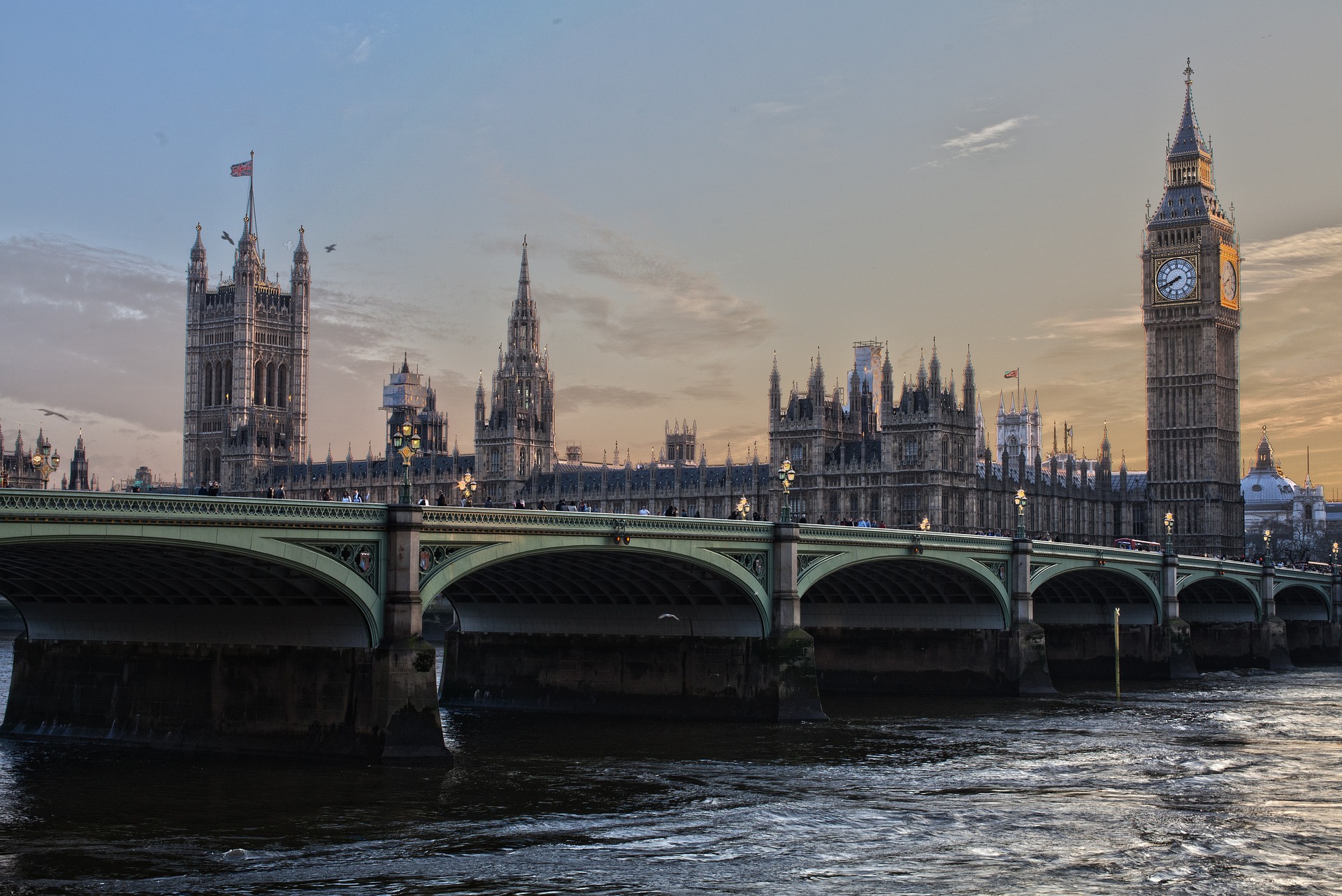The Government’s most recent anti-protest laws undermine not just fundamental individual rights, but the constitutional role of Parliament.
On Wednesday, the High Court will hear Liberty’s legal challenge to the Government’s decision to restrict the right of protest by the backdoor and against the express will of Parliament. The Public Order Act 1986 (Serious Disruption to the Life of the Community) Regulations 2023 amend the definition of a ‘serious disruption’ in the Public Order Act 1986 in what amounts to a considerable restriction on the right of protest.
The Public Law Project is intervening in support of Liberty’s challenge because of its concerns over the way the statutory instrument (SI) process has been used to bypass full Parliamentary scrutiny. Delegated law-making has been used here to erode individuals’ rights and to undermine the will of Parliament.
SIs are regulations made by ministers under powers delegated in Acts of Parliament. Unlike primary legislation, they receive little to no scrutiny by Parliament. The 2023 regulations rely on a ‘Henry VIII’ power (a power to amend primary legislation via delegated legislation) in the Public Order Act 1986. This power is to ‘make provision about the meaning’ of a ‘serious disruption to the life of the community’ caused by a protest or public procession. Instead, the regulations upend the definition entirely, stating that a serious disruption is one that is ‘more than minor’. Individuals who participate in public processions that meet this threshold can be subjected to conditions which, if breached constitute a criminal offence.
The lowering of this threshold is therefore a significant intrusion into the fundamental right to freedom of expression and assembly. But these regulations threaten more than just individual rights. The Government’s decision to lay the 2023 regulations runs roughshod over Parliament’s constitutional role. The SI was laid to replicate amendments that Parliament outright rejected during the primary legislative process. During the passage of the Public Order Bill 2022-23, the House of Lords voted down the Government’s attempts to amend sections 12 and 14 of the 1986 Act in effectively the same way as the 2023 regulations do. The Government accepted this decision and did not seek to reintroduce the amendments in the House of Commons.
Lord Paddick said during the debates that the amendments would ‘give the police extraordinary new powers to limit where, when and for how long marches and assemblies can take place, even if the protest is going to be peaceful and is not itself going to cause serious disruption’. Making regulations in contravention of Parliament’s will undermines the legislature’s constitutional functions.
The principle of parliamentary sovereignty dictates that Parliament is the ultimate lawmaker, meaning its judgement in matters of legislation is supreme. Its second and complementary role is to hold the executive to account. Both roles are undermined by using a process with such limited parliamentary oversight as delegated legislation to substitute Parliament’s view with the Government’s without any justification. This was highlighted by the Secondary Legislation Scrutiny Committee which said: ‘As well as not justifying the substance of the provisions, the Home Office has not provided any reasons for bringing the measures back in the form of secondary legislation, which is subject to less scrutiny, so soon after they were rejected in primary legislation’.
While Parliament can in theory vote down SIs, in practice the fact that SIs cannot be amended and must be accepted or rejected in their entirety means that this power is rarely exercised: between
1950 and 2017, only 0.01% of the total number of instruments laid before Parliament were rejected. The lack of input that Parliament currently has in the making of SIs is evidence of a system in need of reform, not an excuse to circumvent its will. The 2023 regulations are the latest in a growing trend of the use of Henry VIII powers. Named for the monarch who sought to legislate without Parliament, these powers are contained in primary legislation and enable ministers to repeal or amend parts of primary legislation via secondary legislation.
These powers were originally used sparingly and to make technical changes, such as updating lists contained in statutes. Over time, however, their use has become more widespread. Troublingly, they are frequently deployed to enact policy changes and broad alterations to the substance of primary legislation. Concerns about this trend peaked during the EU exit process, during which legislation like the Immigration and Social Security Co-ordination (EU Withdrawal) Bill delegated powers to amend any pre-existing primary and retained EU legislation.
Both the Constitution Committee and the Delegated Powers and Regulatory Reform Committee have been outspoken in their criticism of the inappropriate use of such powers. The latter has described their unjustified use as ‘fundamentally objectionable as a matter of principle’. The Government’s reliance on a Henry VIII power to restrict the right to protest contrary to Parliament’s expressed intention represents one of the most concerning uses of delegated legislation in living memory.
The result is the erosion of civil liberties, as well as total disregard for the core constitutional principles of parliamentary sovereignty and the separation of powers. This overreach is both unprecedented and unjustifiable.
Saba Shakil is a Research Fellow at Public Law Project, an independent legal charity made up of researchers, lawyers, trainers, and public law policy experts.








